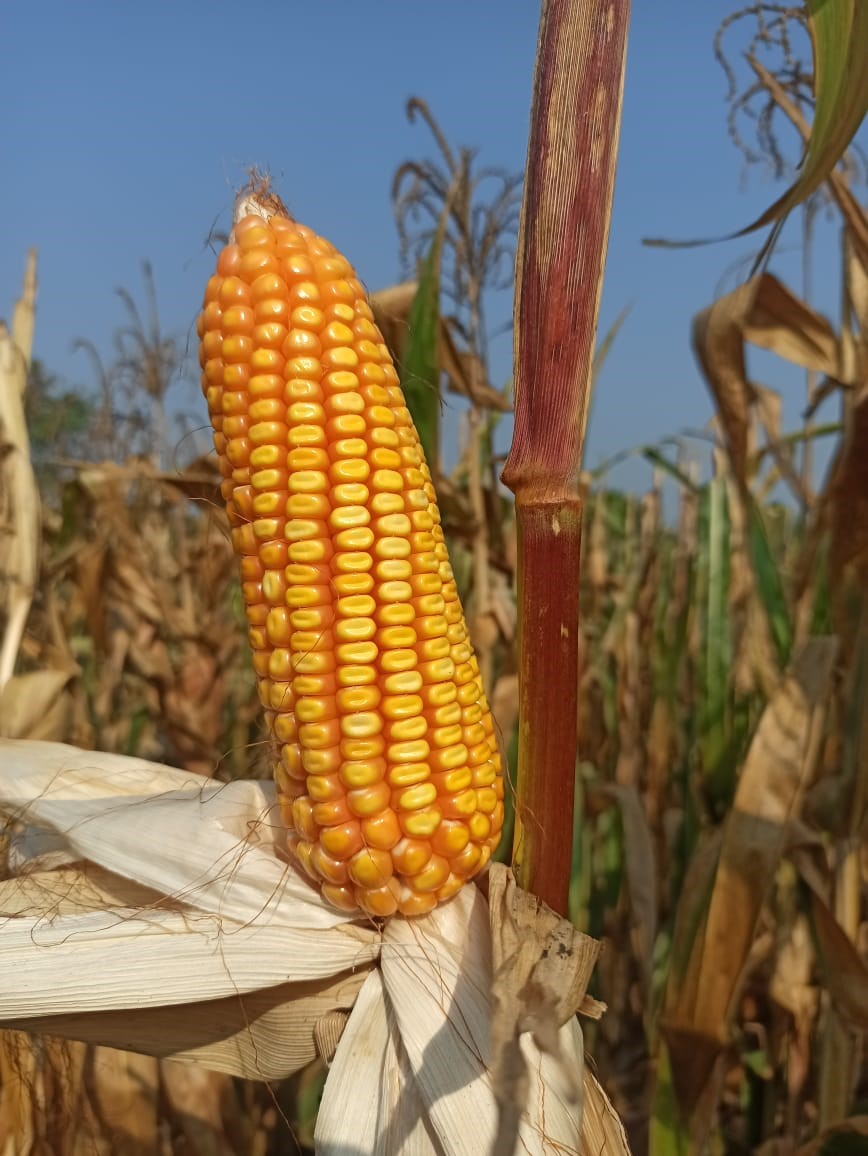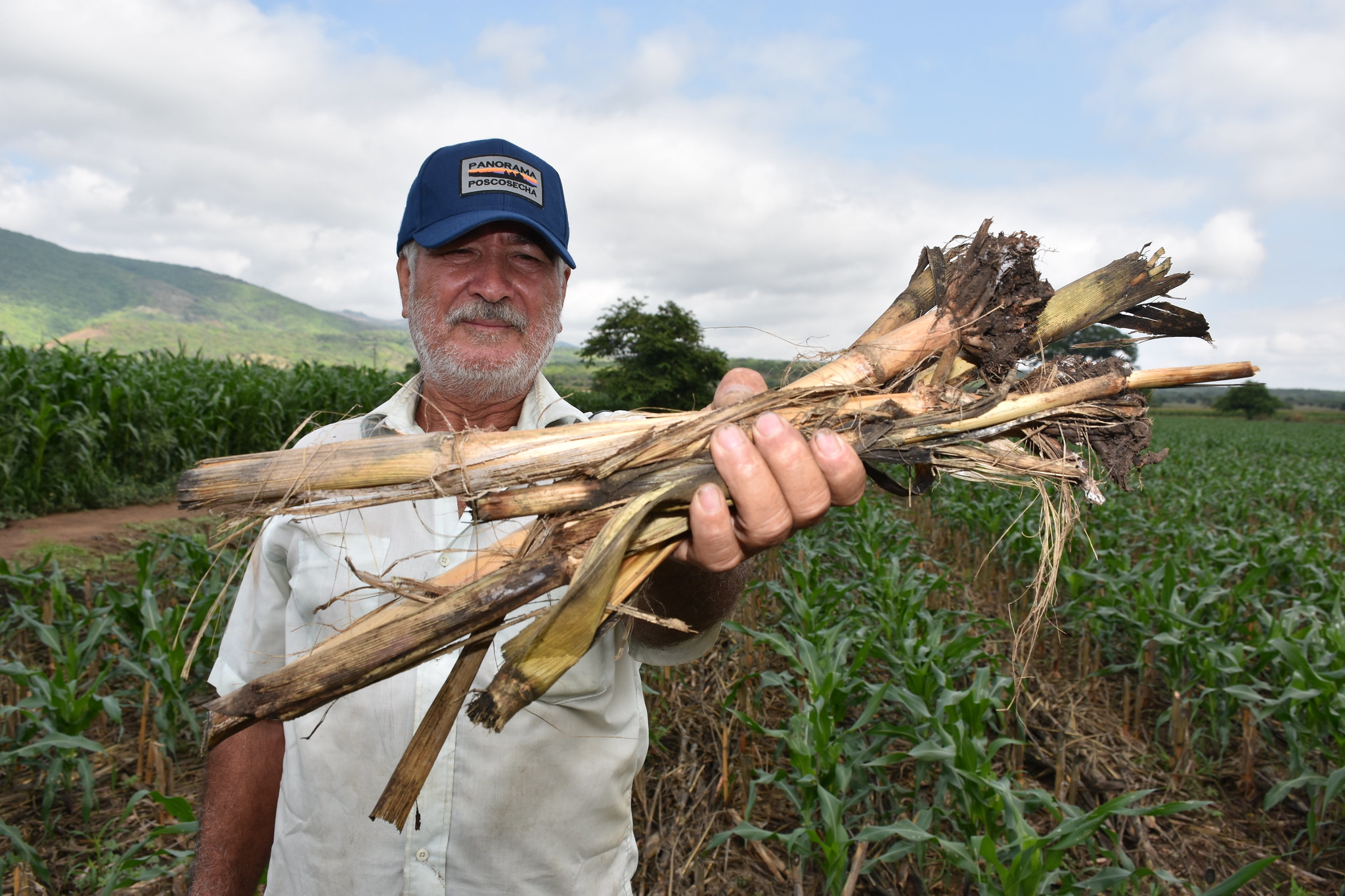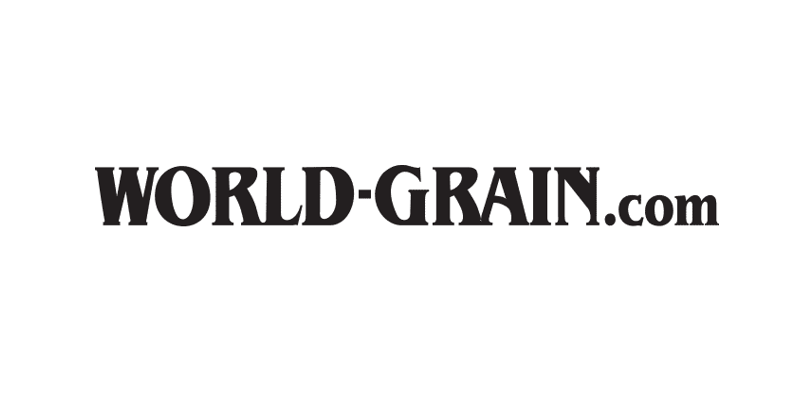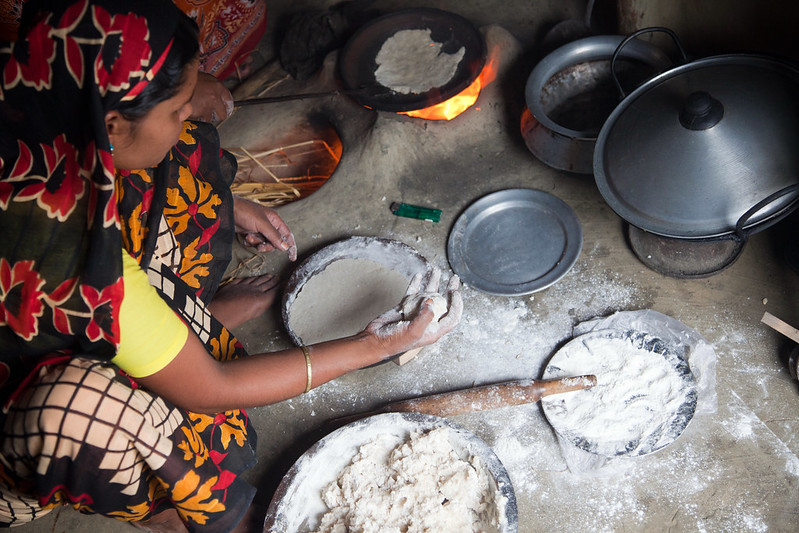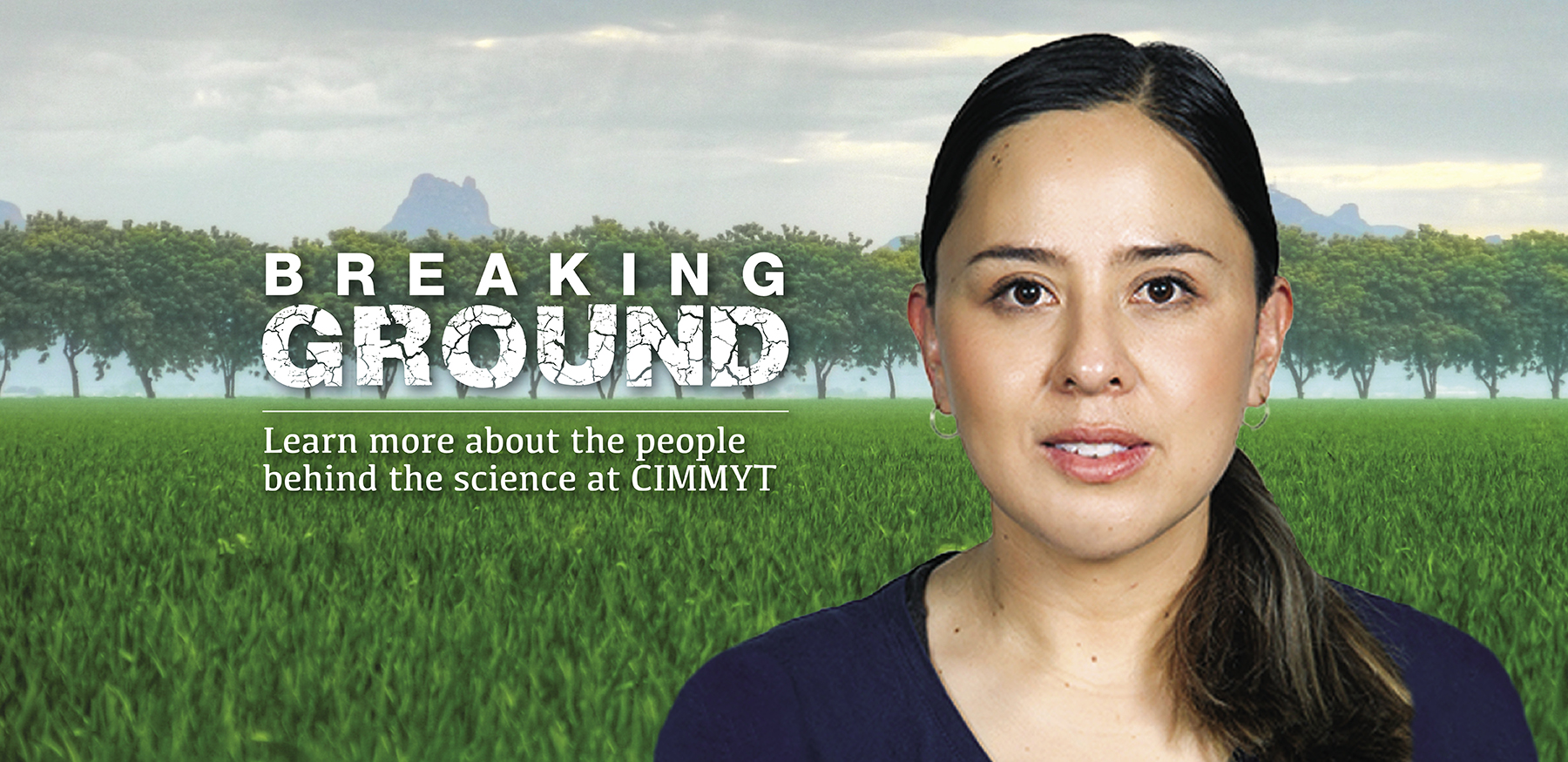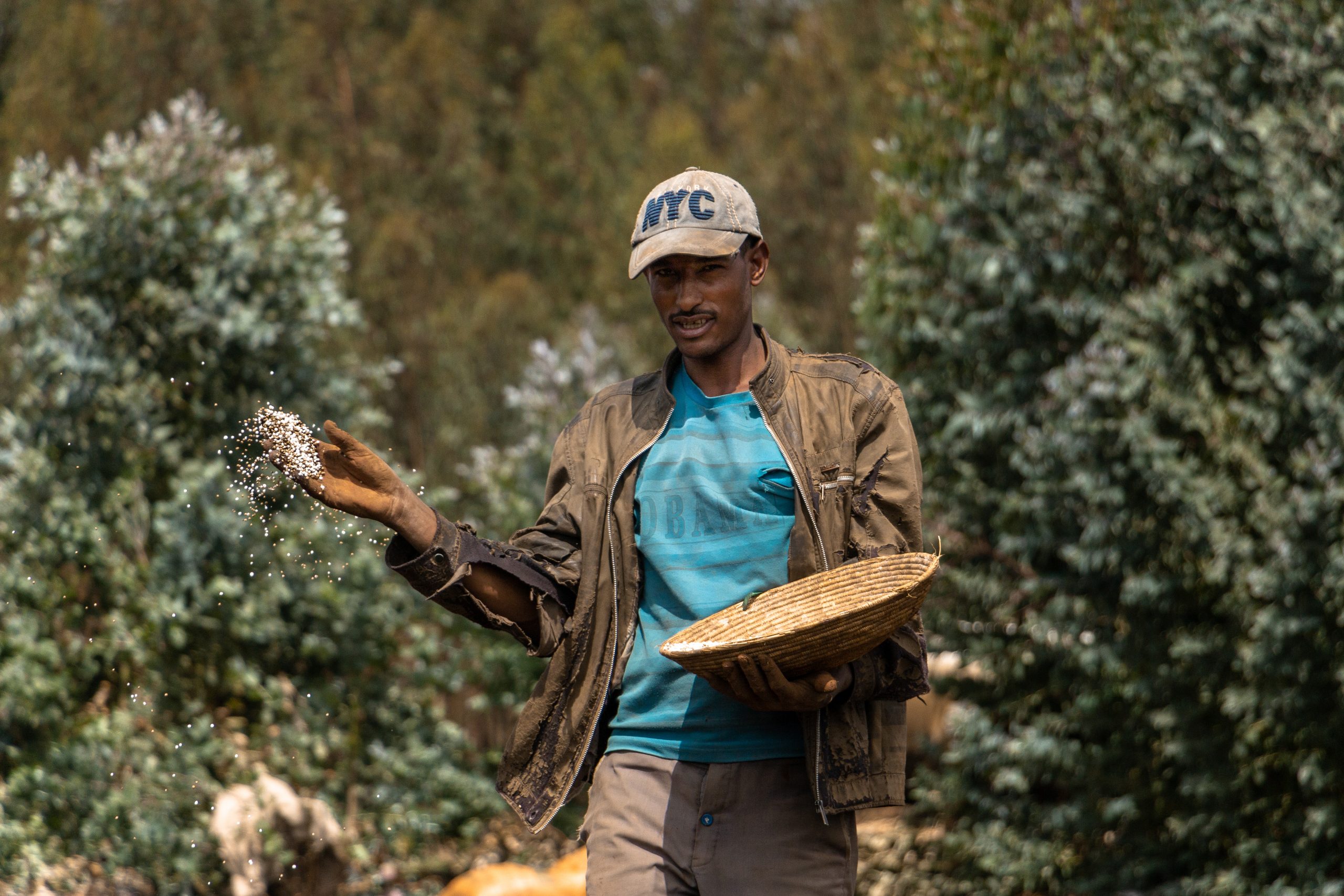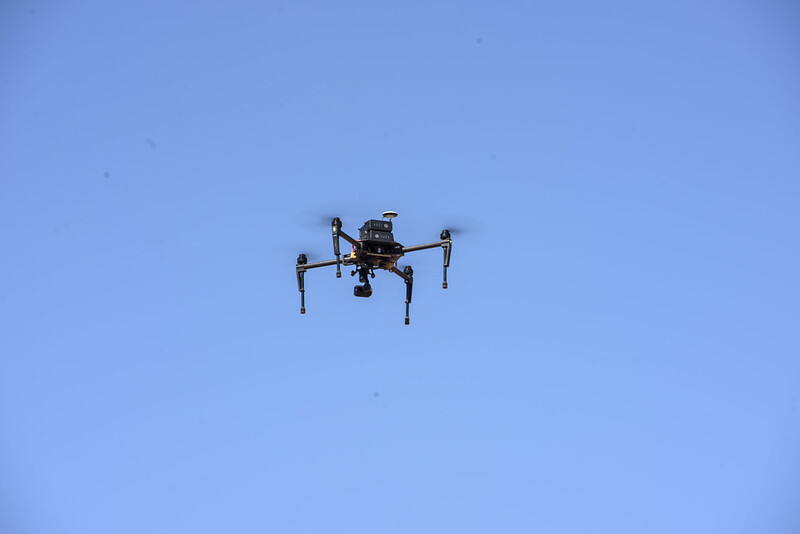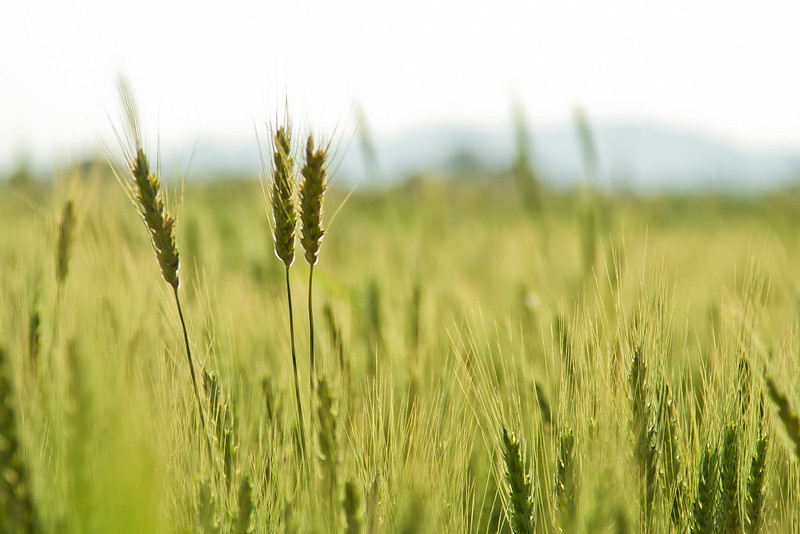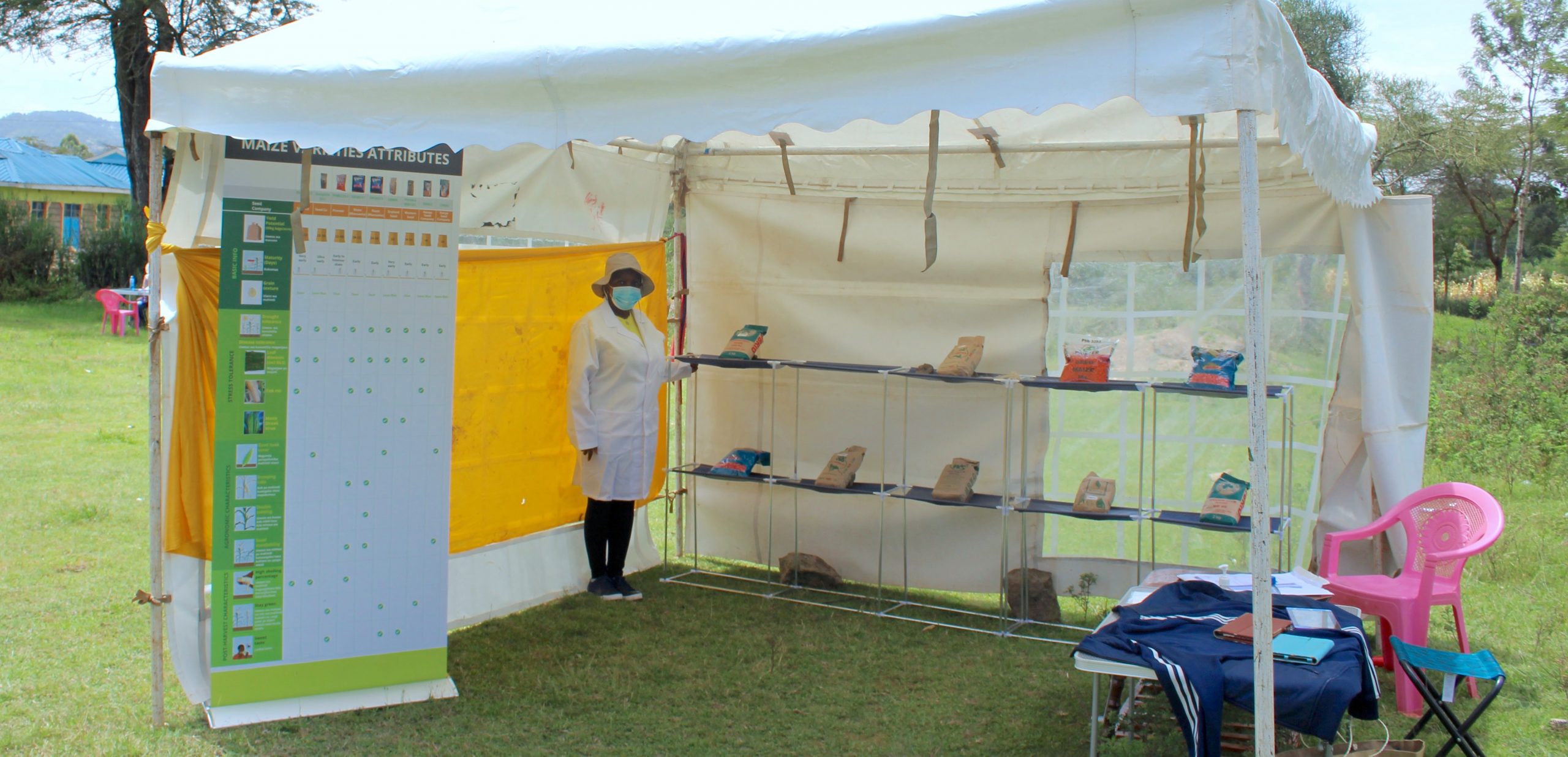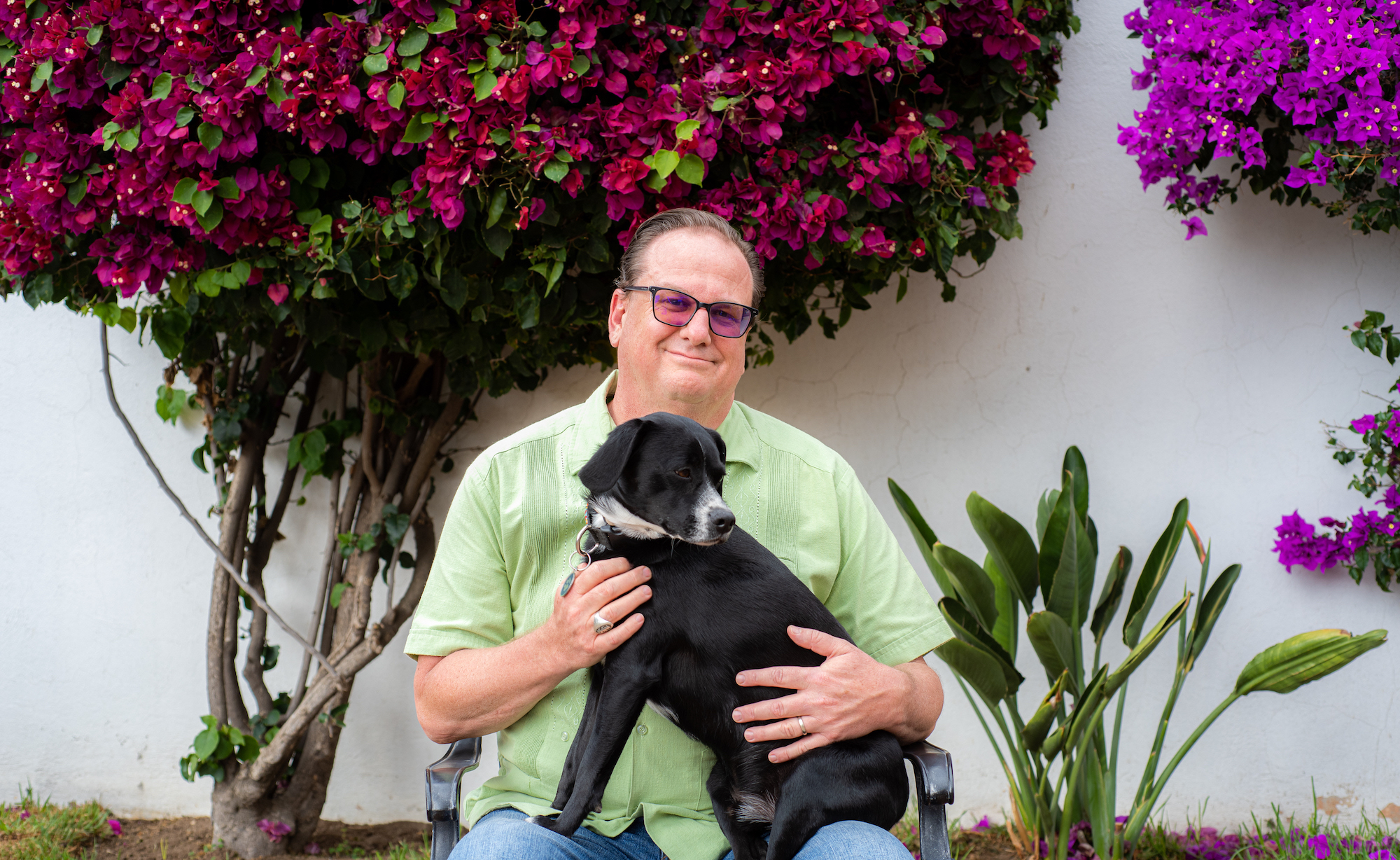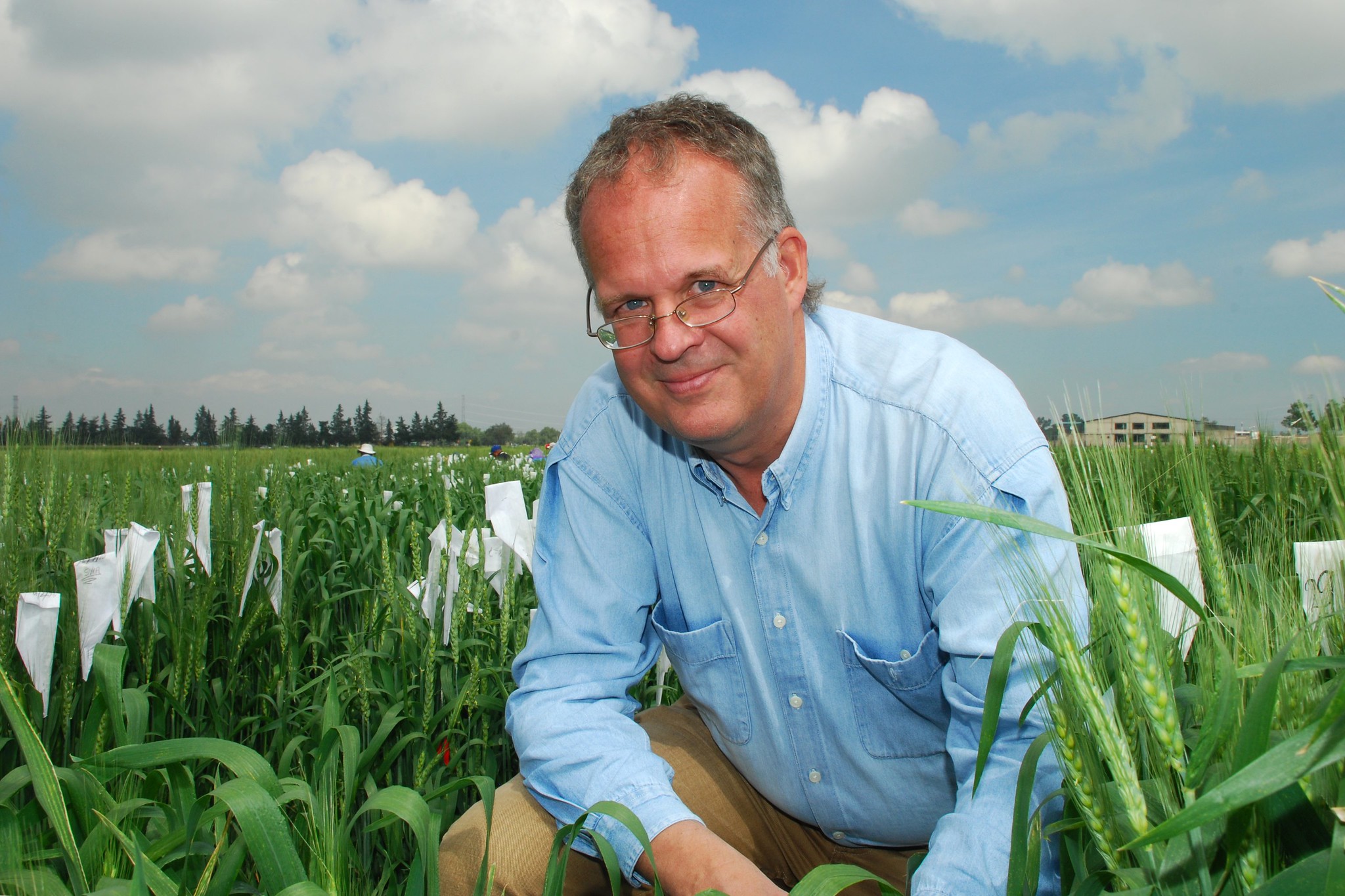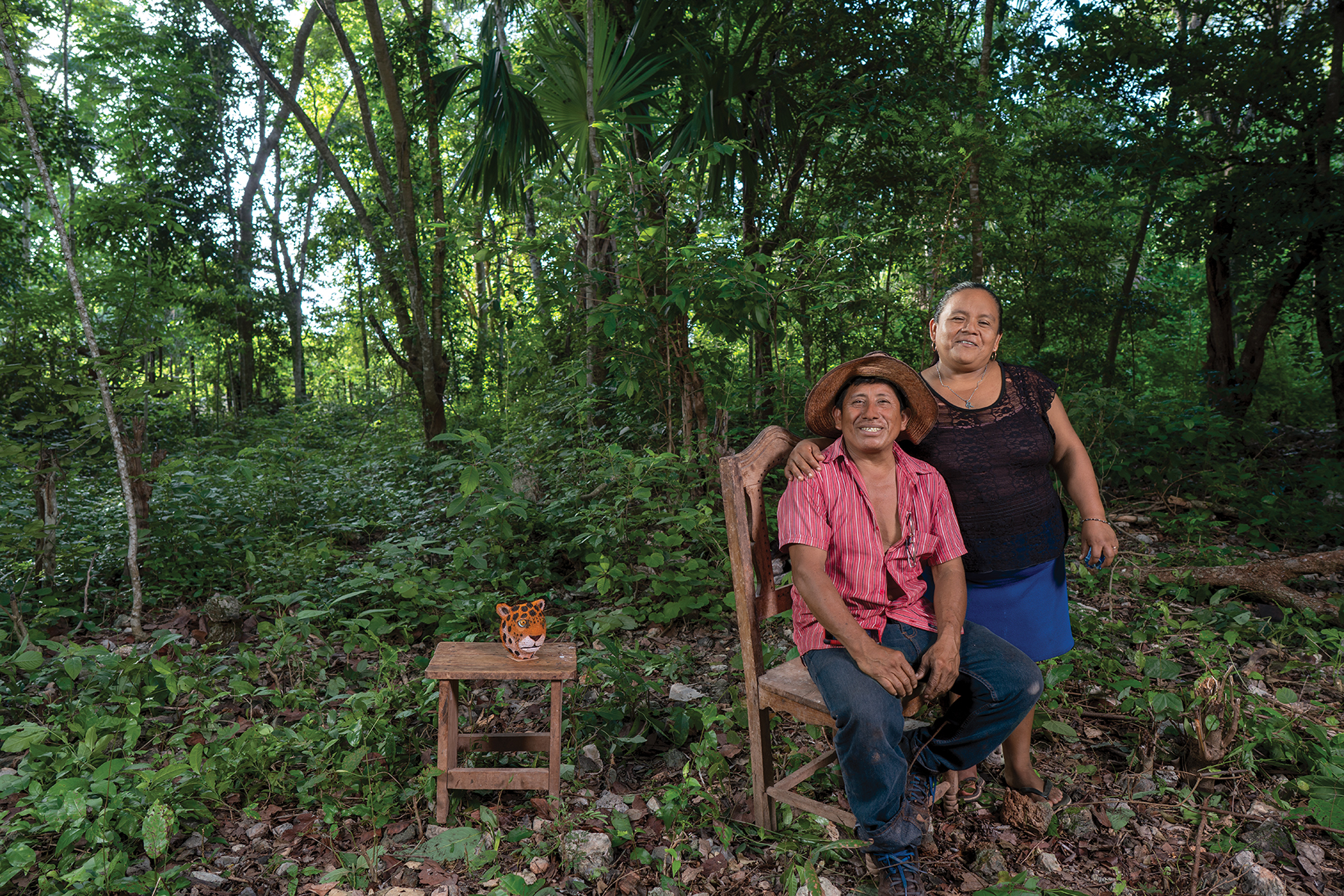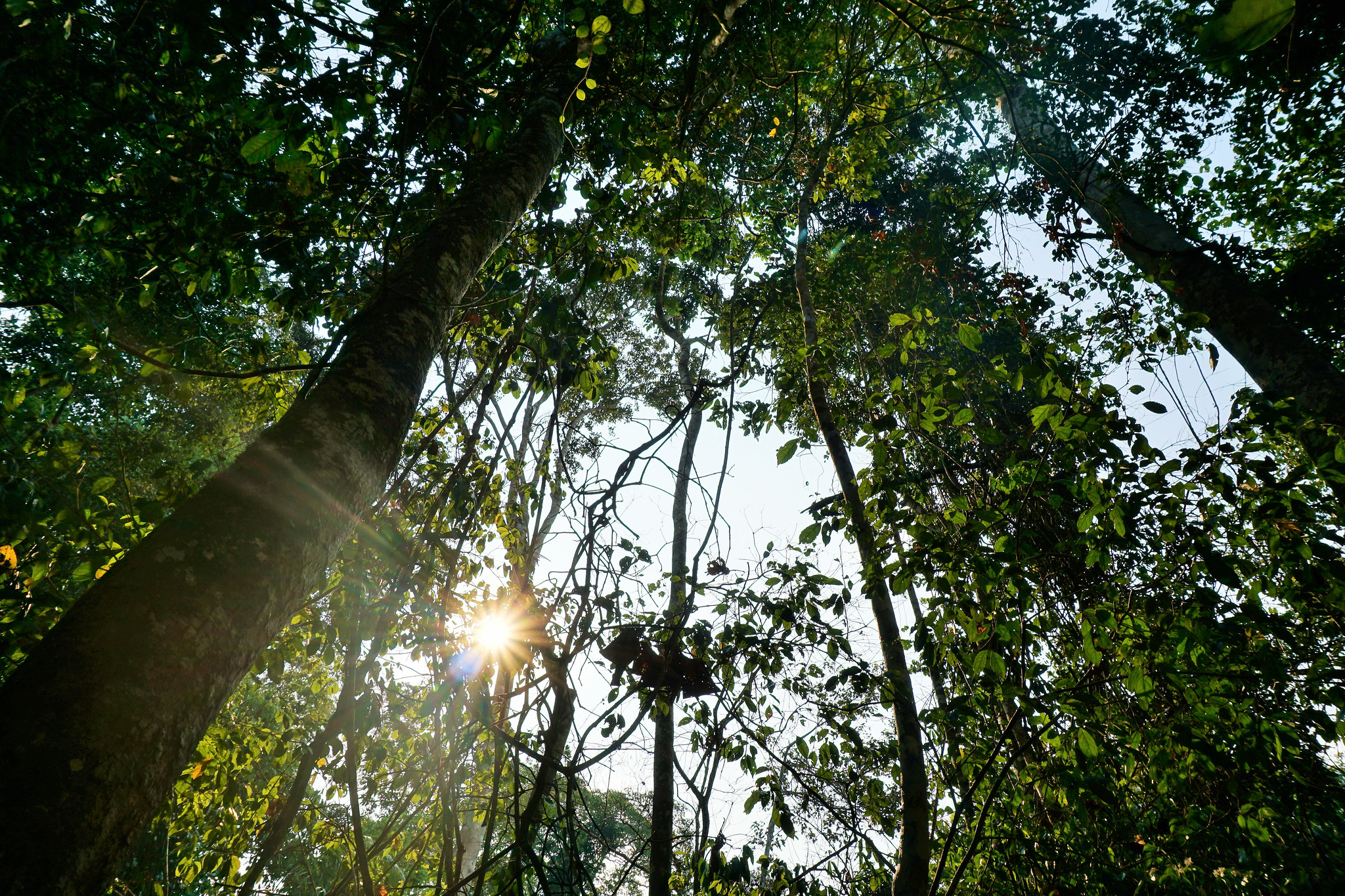Year: 2021
AAA drought-tolerant maize now available in Myanmar
 Climate adaptation and mitigation
Climate adaptation and mitigation
The TA5085 variety will benefit farmers producing under rain-fed conditions in drought-prone areas, like Myanmar’s central dry zones.
New integrated methodology supports inclusive and resilient global food systems transformation
 Nutrition, health and food security
Nutrition, health and food security
CGIAR centers present methodology for transforming resource-constrained, polluting and vulnerable farming into inclusive, sustainable and resilient food systems that deliver healthy and affordable diets for all within planetary boundaries.
Report links wheat blast pandemic on three continents
 Environmental health and biodiversity
Environmental health and biodiversity
Source: World Grain (19 Mar 2021)
Genetic analyses show that a destructive wheat blast fungus that travelled from South America to South East Asia is now established in Zambia under rain-fed conditions.
Beneficial bioactives
 Nutrition, health and food security
Nutrition, health and food security
Don’t discount the contribution cereals can make to combatting micronutrient malnutrition, say researchers.
Breaking Ground: Fatima Camarillo invests in education
 Capacity development
Capacity development
Educator and researcher trains partners from around the world in CIMMYT’s unique wheat improvement course.
Mapping the way to lower nitrous oxide emissions
 Climate adaptation and mitigation
Climate adaptation and mitigation
A new study identifies global emissions and mitigation hotspots ripe for more efficient nitrogen use in maize and wheat production.
A view from above
 Innovations
Innovations
CIMMYT scientists use high-powered drones and space satellite imagery to accelerate crop improvement, fight pests and diseases and help farmers make better crop management decisions.
A challenge solved
 Environmental health and biodiversity
Environmental health and biodiversity
Massive study of breeding lines across environments pinpoints genomic regions associated with yield potential and stress-resilience in bread wheat.
Buying into new seed
 Climate adaptation and mitigation
Climate adaptation and mitigation
A mock shop helps researchers understand how Kenyan farmers choose maize seed when their preferred varieties are out of stock.
Four questions with CIMMYT’s Maize Genebank Curator
 Environmental health and biodiversity
Environmental health and biodiversity
How to preserve and share the genetic biodiversity of maize.
How biodiversity conservation can help manage future pandemics — for plants and for humans
 Environmental health and biodiversity
Environmental health and biodiversity
Source: The Counter (21 May 2021)
Dave Hodson discusses why conservation may be the key to our survival.
A conservation conversation
 Environmental health and biodiversity
Environmental health and biodiversity
In a Q&A, Thomas Payne reflects on how CIMMYT’s wheat genebank can be a model for maintaining biodiversity in agricultural systems.
Poverty reduction, livelihoods, and jobs
Increasing livelihoods and economic opportunities for rural communities.
Environmental health and biodiversity
Preserving the legacy of biodiversity and researching ways to stay within planetary boundaries.
